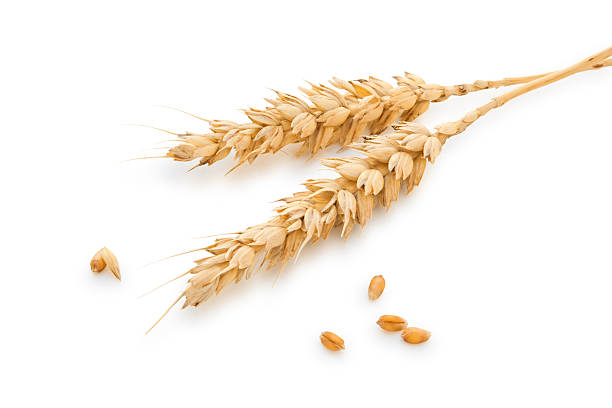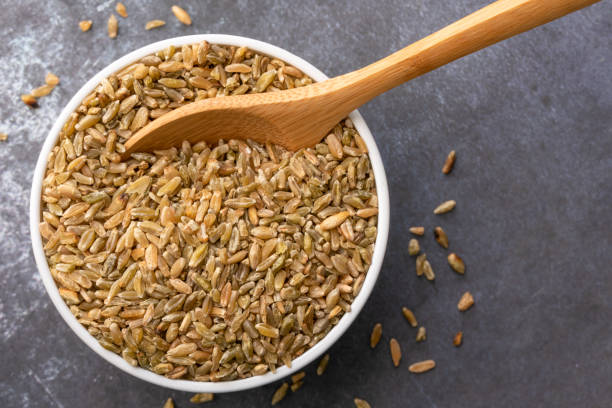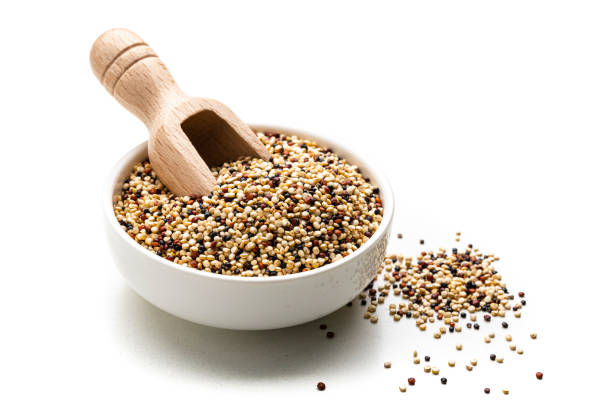In the realm of ancient grains, buckwheat emerges as a nutritional powerhouse, celebrated not only for its versatility in the kitchen but also for its impressive array of essential nutrients. Originating from Central Asia and making its way across the globe, buckwheat has stood the test of time, offering a wholesome alternative for those seeking nutrient-dense, gluten-free grains.
Protein Prowess:
Buckwheat is renowned for its high-quality protein content, containing all nine essential amino acids. This makes it a valuable plant-based protein source, particularly beneficial for vegetarians and vegans. The protein in buckwheat contributes to muscle repair, immune function, and overall cellular health.
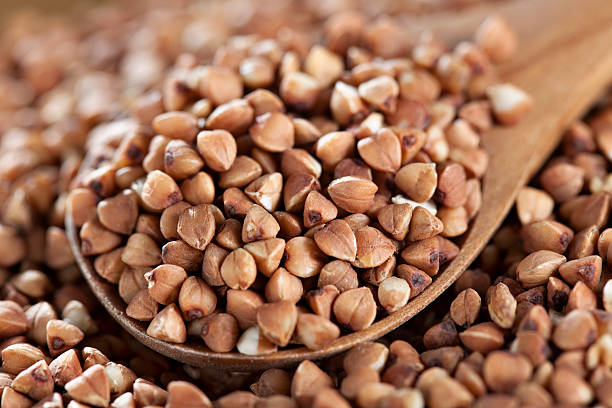
Heart-Healthy Fiber:
One of the standout features of buckwheat lies in its exceptional fiber content. Both soluble and insoluble fibers are present, promoting digestive health by supporting regular bowel movements, preventing constipation, and fostering a healthy gut microbiome. Buckwheat’s fiber richness also contributes to a feeling of fullness, aiding in weight management.
Gluten-Free Goodness:
Buckwheat is naturally gluten-free, making it a safe and nutritious choice for those with gluten sensitivities or celiac disease. Its gluten-free nature has contributed to the rising popularity of buckwheat-based products, providing a versatile alternative in gluten-free diets.
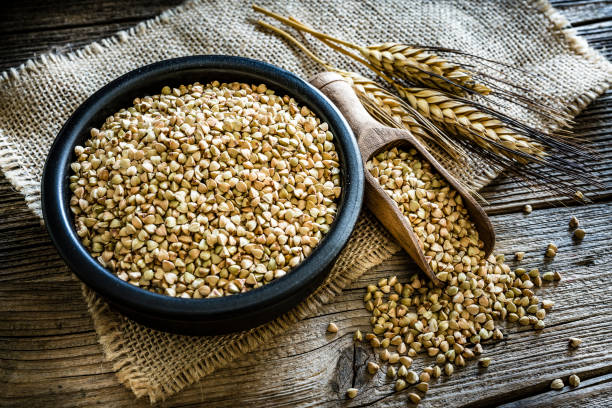
Abundant Complex Carbohydrates:
As a complex carbohydrate, buckwheat provides sustained energy for the body. The slow-release nature of complex carbohydrates helps regulate blood sugar levels, offering a steady and prolonged source of energy without the rapid spikes and crashes associated with refined sugars.
Mineral Wealth (Magnesium, Phosphorus, Manganese):
The mineral composition of buckwheat adds to its nutritional allure. Magnesium, essential for muscle and nerve function, is present in significant amounts. Additionally, buckwheat provides phosphorus for bone health and manganese, a trace mineral with antioxidant properties. The mineral wealth of buckwheat supports overall cardiovascular, muscular, and skeletal well-being.

Heart-Healthy Fats:
Buckwheat contains heart-healthy fats, particularly monounsaturated fatty acids. These fats contribute to cardiovascular health by supporting good cholesterol levels and reducing the risk of heart disease. The balance of fats in buckwheat adds to its overall nutritional excellence.
Rich in Antioxidants:
Buckwheat houses a variety of antioxidants, including rutin and quercetin. These antioxidants play a pivotal role in neutralizing free radicals, potentially reducing oxidative stress and inflammation. Regular consumption of buckwheat may contribute to cellular health and aid in the prevention of chronic diseases associated with oxidative damage.

Vitamin B Complex:
Buckwheat is a source of various B vitamins, including B6, niacin, and folate. These vitamins play essential roles in energy metabolism, nervous system function, and the synthesis of neurotransmitters. The B-vitamin content of buckwheat adds to its nutritional diversity and promotes overall vitality.
Culinary Versatility:
Beyond its nutritional virtues, buckwheat’s culinary versatility makes it a favorite in various dishes worldwide. Whether enjoyed as a base for gluten-free pancakes, used in soba noodles, or incorporated into salads and porridges, buckwheat’s nutty flavor and hearty texture complement a range of culinary creations.

In conclusion, buckwheat, with its protein prowess, heart-healthy fiber, and nutrient diversity, stands as a timeless grain that transcends cultural boundaries. As we appreciate its ancient origins and modern culinary applications, buckwheat remains a symbol of wholesome nutrition, offering a nutrient-dense alternative in the diverse landscape of grains. From supporting digestive health to providing essential nutrients, buckwheat continues to be a grain with timeless appeal in the pursuit of health and well-being.

